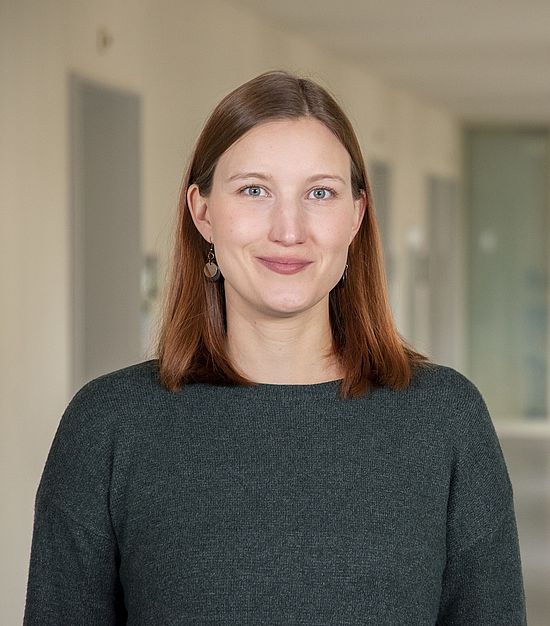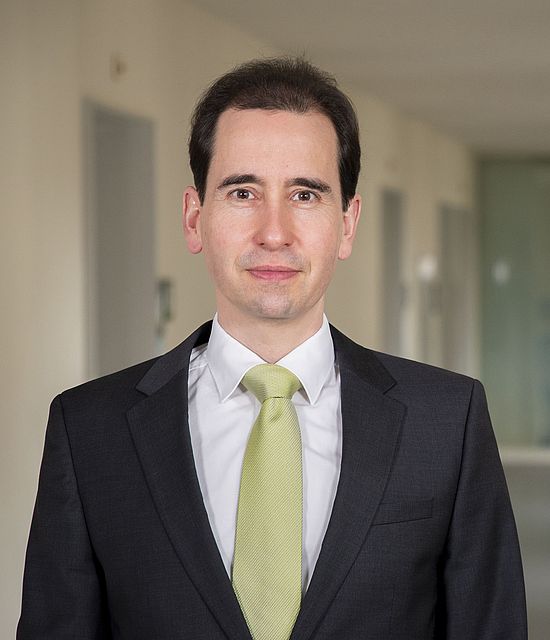
Master's projects in social psychology
Below, we outline the basic structure of the master's project module in Social Psychology and give you a glimpse of some specific projects. We warmly welcome students from both the Society & Choice and Health & Interventions majors to join our master's projects. Research in Social Psychology provides valuable insights for practical application, particularly in occupational and clinical settings.
In today’s job market, being able to apply psychological knowledge and methodological skills is especially valuable. The master's project in Social Psychology is designed to help you develop and enhance these skills. To this end, we invest heavily in the design and implementation of the master's projects. We are dedicated to crafting and implementing the master's projects with care, ensuring that you can learn with enthusiasm and motivation, and complete your studies well-prepared for the job market.
The master's project is a unique part of your studies. During the master's project, you’ll bring your project ideas to life, explore exciting research areas, and let your interests guide you. In close collaboration with your supervisors, you’ll refine research questions, design and conduct your own studies, analyze data, and document your findings.
Structure of the master's projects
The master's projects in Social Psychology are structured to provide dedicated support and guidance all the way to your thesis.
Starting in the Spring Semester of 2025, the master's project module will be worth 14 ECTS credits, earned through the master's project (two semesters à 5 ECTS) and the master's colloquium (two semesters à 2 ECTS). Both run concurrently, typically beginning in your second semester and spanning two semesters.
The topic of the master's thesis is assigned as part of the MasterMatch. Once matched, the first semester of the master's project usually begins with narrowing down your research question. Together with your supervisor, you’ll explore how your question relates to both theory and practice and how you can test it. During this first semester, you’ll typically start collecting your data, analyzing it, and documenting your initial results. This process familiarizes you with typical research workflows and helps you build a toolkit of skills valuable in both research and professional practice. Alongside, you’ll attend the master's colloquium, where you will primarily offer feedback on other students’ proposed projects—a peer-to-peer support system to help everyone launch their master’s thesis smoothly.
In the second semester, you will be moving steadily towards your own master’s thesis. Together with your supervisor, you will develop a research design for your thesis, which you will present in the master's colloquium to gather valuable feedback. Armed with this, you will then conduct your study, collecting data that will provide meaningful answers to your research question.
In the following semester, you will submit your master’s thesis. During this last semester, attendance in the master's colloquium is no longer required.
Contact - Team Master Projects Social Psychology
Photos: Team photos @ Dominik Maiori @ Center of Social Psychology Project photos @ Anna-Marie Bertram @ Center of Social Psychology

![A solitary figure in a hooded jacket sits on a bench by a foggy waterfront, evoking a sense of loneliness and introspection [Translate to English:] Loneliness](https://psychologie.unibas.ch/fileadmin/_processed_/d/4/csm_Loneliness_ee304bb7b6.jpeg)







![[Translate to English:] Gemma](https://psychologie.unibas.ch/fileadmin/_processed_/e/e/csm_Gemma_Caldero_03e752e7c0.jpg)
![[Translate to English:] Rohrmoser](https://psychologie.unibas.ch/fileadmin/_processed_/a/0/csm_Rohrmoser_a654ef7c68.jpg)
